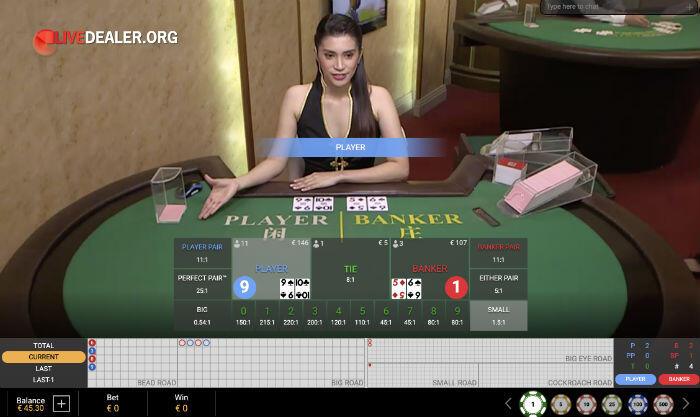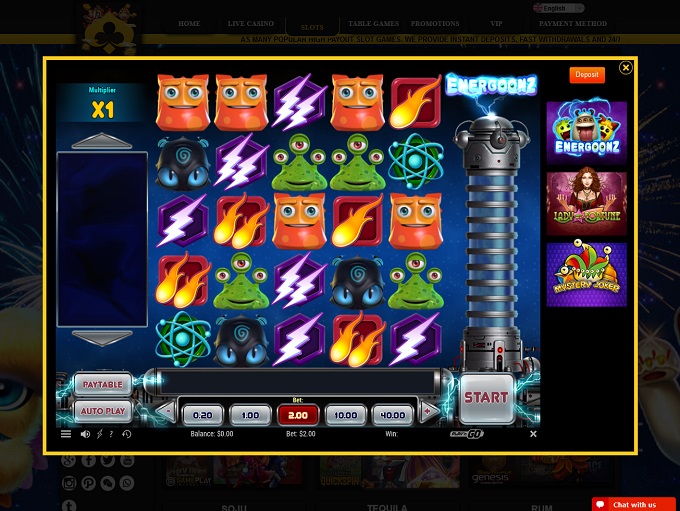Our previous article about the impending legalization or allowance of online gambling at domestic Philippine casinos asked the following headlining question:
Licensed online gaming operators will be required to utilize the services of a PAGCOR-accredited support provider to offer offshore online gambling to foreigners based outside of the Philippines. Internet casino licenses will cost $200,000 and sports betting, $150,000 and a tax proposal of two percent on gross gaming revenue for both land-based. Beyond that, Pagcor plans to sell all 46 of the casinos they own by the end of 2017 and are getting into the online casino licensing market, a function previously held only outside Manila. Other important news of 2016 and up to Q3 2017 includes strong gross gaming revenues while Macau has turned the corner and Singapore experiences continued.

“Is The Philippines Government All In On Legal Online Casinos?”
The answer, as expected, is “Yes!”

On November 2, in an innocuous text message to Bloomberg, PAGCOR president Alfredo Lim confirmed that the state would be allowing select operators in Entertainment City to offer various casino games online.
This comes on the heels of a catastrophic second quarter for the Philippines brick-and-mortar gambling sector, where the nation’s integrated resort casinos lost nearly 96 percent of revenues year-over-year.
These venues took in 46.8 million USD for Q2 2020, compared to 2019’s Q2 total of 1.08 billion USD.
This alone was enough to give the government – historically antagonistic to the idea of online gambling – enough motivation to legalize the pastime.
However, there is a caveat.
Or three.
First, these iGaming experiences will only be offered – at least initially – by select Entertainment City venues.
The Solaire Resort and Casino is the first (and currently only) gambling operator to be awarded credentialed authorization, while the City of Dreams Manila and Okada Manila IRs have their applications pending with PAGCOR.
Secondly, according to previous reporting, the options for gambling online will be available only to “known patrons” of these casinos.
These “known patrons” are individuals who have been previously registered with the gambling houses in question and have proved an annual income of roughly 1000 USD.
This promises to limit participation significantly, and it remains to be seen what kind of difference it will make for these casinos’ bottom lines.
Of course, for the vast majority of Filipinos who cannot meet such requirements, legal online casino gambling remains possible by using offshore providers like BetOnline, Intertops, and other popular services.
Philippine gambling law does not make it a crime to gamble with non-domestic operators over the Internet, and these sites accept all 18 and up Filipino gamblers regardless of income or financial status.
Additionally, these sites are all conveniently accessible via network-connected computers, iPhones, iPads, Androids, and other devices, allowing for mobile casino betting from anywhere in the islands.
The legalization of domestic iGaming in the Philippines should have very little impact on offshore options, and this move does not criminalize or deter in any way regular access to these sites.
Finally, this move might only be temporary, and probably is.
There are whisperings that this measure is in place strictly and solely as a stopgap – that the online gambling provisions will be eliminated once Metro Manila casinos are all finally able to be up and running at capacity post-COVID-19.
Per Richard Lanela of COL Financial Group, this simply allows the casino district to
“…survive and get through the pandemic until they are allowed by government to fully operate. This is a way for them to earn some revenue.”
Of course, the arrangement should also be viewed as a field test or “dry run” regarding how a future series of domestic online gambling laws could be implemented, what technological and societal safeguards can be effectively deployed, and other considerations.

After all, the country is moving towards the legalization and regulation of e-Sabong betting in the near future, which itself is being viewed as a potential gateway to legal online Philippines sports betting in general.
Pagcor List Of Online Casinos
Regardless of the Philippine government’s plans for state-based online casinos in the coming months and years, this is an important step in the right direction for future-proofing an industry that serves, in many ways, as the developmental lifeblood of Metro Manila and its many down-market economies.
Pagcor List Of Online Casino Games
Here’s hoping that this isn’t just a bluff in the grand scheme and that Philippines legislators truly do go “all in” on state-regulated online gambling options for their tens of millions of avid Filipino players.
Source: Casino.org, Gambling News